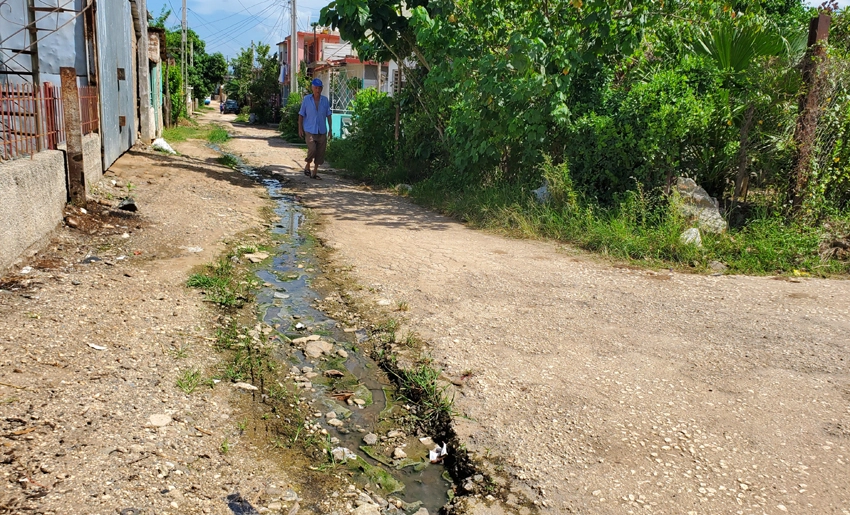For some years in Holguin‘s geography environmental factors for the proliferation of aedes aegypti mosquito and culex mosquito have persisted, and therefore the dangers to health have increased.
In view of this epidemiological scenario, health authorities insist on the importance of environmental sanitation as an effective way to prevent and control diseases transmitted by these insects that maintain considerable infestation indexes in Holguin province.
Cuba is currently reporting an increase in cases of arbovirosis with suspicion of dengue fever (endemic) and oropouche (new circulation), and unfortunately this territory is among the most affected in the country.
It is a situation that worries and alerts about the need to act more effectively to avoid epidemic peaks and the consequences derived from this health problem for people’s lives, in the first place; although we must also take into account the economic implications that its confrontation entails in such complex moments for the Cuban health system.
There are climatic causes that propitiate the multiplication of this vector as the high temperatures that are registered at the moment, the rains or the high humidity, but the truth is that the actions of the community to identify and eliminate the natural or artificial mosquito breeding places are insufficient and their effectiveness does not last in the time.
In Holguin there are still difficulties with the sanitation of urban areas, accumulation of garbage in the open, stagnant sewage in the streets, unprotected water deposits or incorrect management of septic tanks, problems pending solution that favor the dispersion and colonization of mosquitoes, with great capacity of adaptation and resistance to the environment.
Current economic conditions also limit resources for adulticide treatment and the possibility of acquiring mosquito nets and repellents, which would be very useful at night, when power outages are more frequent.
Despite this reality, the elimination of mosquito breeding sites depends to a large extent on collective action, on people’s commitment to self-care and that of their families and the community, as well as on the collaboration and practice of systematic hygienic norms.
Therefore, prevention remains our best option. It is opportune to remember that there is no specific treatment for dengue or oropouche fever, only general measures to alleviate the symptoms, therefore we must avoid, with personal and institutional responsibility, getting sick from this cause.
- Social Responsibility in Today’s Cuba - 17 de January de 2026
- Cuban Science with a Transformative Impact on Society - 15 de January de 2026
- Safety Road, Everyone’s Responsibility - 29 de November de 2025

